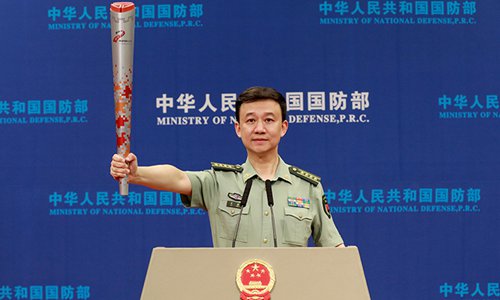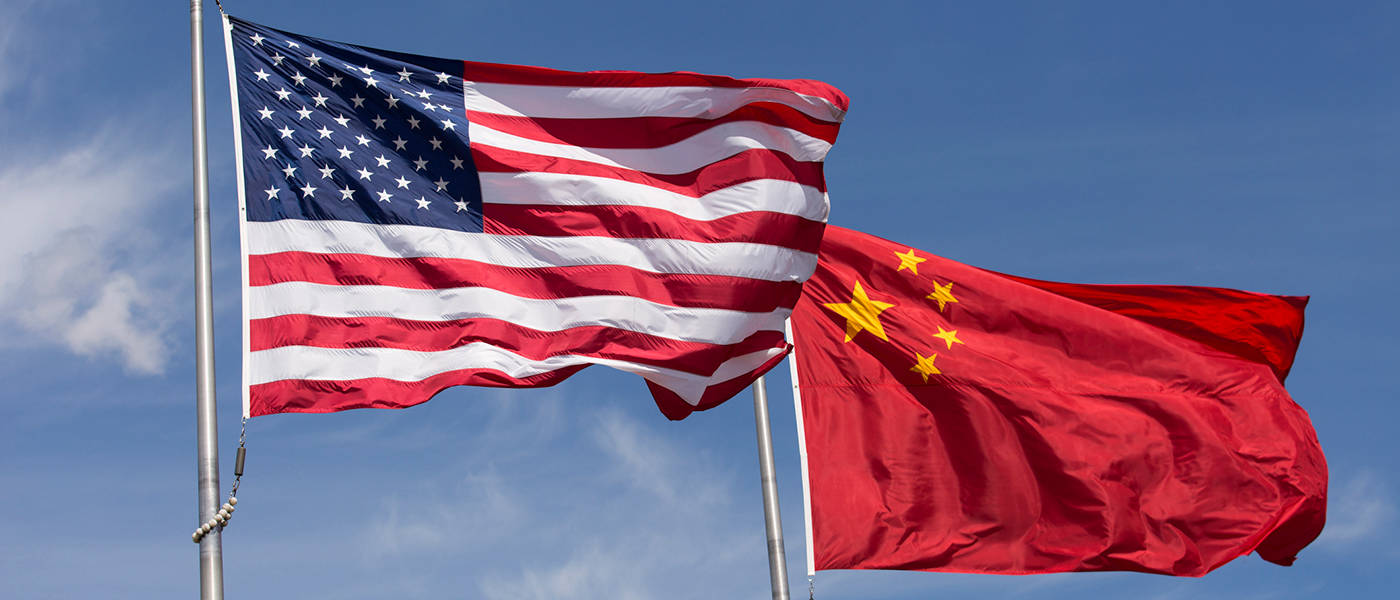(Xinhua)10:32, May 30, 2019![]()
WASHINGTON, May 29 (Xinhua) — Turkey would face U.S. sanctions if it completes the delivery of the Russian-made S-400 air defense system, U.S. State Department warned on Wednesday.
Were willing to engage with the Turkish Government but our position remains the same that Turkey will face very real and very negative consequences if it completes the delivery of the S-400, State Department spokesperson Morgan Ortagus said at a pressing briefing.
The consequences include suspension of procurement, industrial participation in the F-35 fighter jets program, and potential sanctions because of the Countering Americas Adversaries Through Sanctions Act (CAATSA), she noted.
These are very serious, these are very real, and I think our position remains quite consistent on that, she added.
U.S. President Donald Trump on the same day spoke with Turkish President Recep Tayyip Erdogan on phone about the S-400 issue, the White House said in an earlier statement.
Turkish Presidencys Communications Director Fahrettin Altun said on Twitter that during the phone call, Erdogan reiterated Turkeys offer to set up a joint working group to address U.S. concerns about Ankaras purchase of the S-400 air defense system.
The White House statement, however, made no mention of Erdogans working group proposal.
Washington and Ankara have been sparring for months over the latters purchase of the Russian-made S-400.
The United States argued that Russian missiles on Turkish territory could gain valuable intelligence on the technical systems of the U.S.-made stealth F-35 jets.
Turkey has insisted that it is not going to give up its 2.5-billion-U.S. dollar contract with Russia.
U.S. media CNBC reported last week that Washington had given Ankara just over two weeks to give up its S-400 deal with Russia or risk severe penalties and lose the possibility of buying U.S. F-35.
Turkish Defense Minister Hulusi Akar on Monday dismissed reports that the United States had issued an ultimatum, adding the S-400 would arrive in following months.


